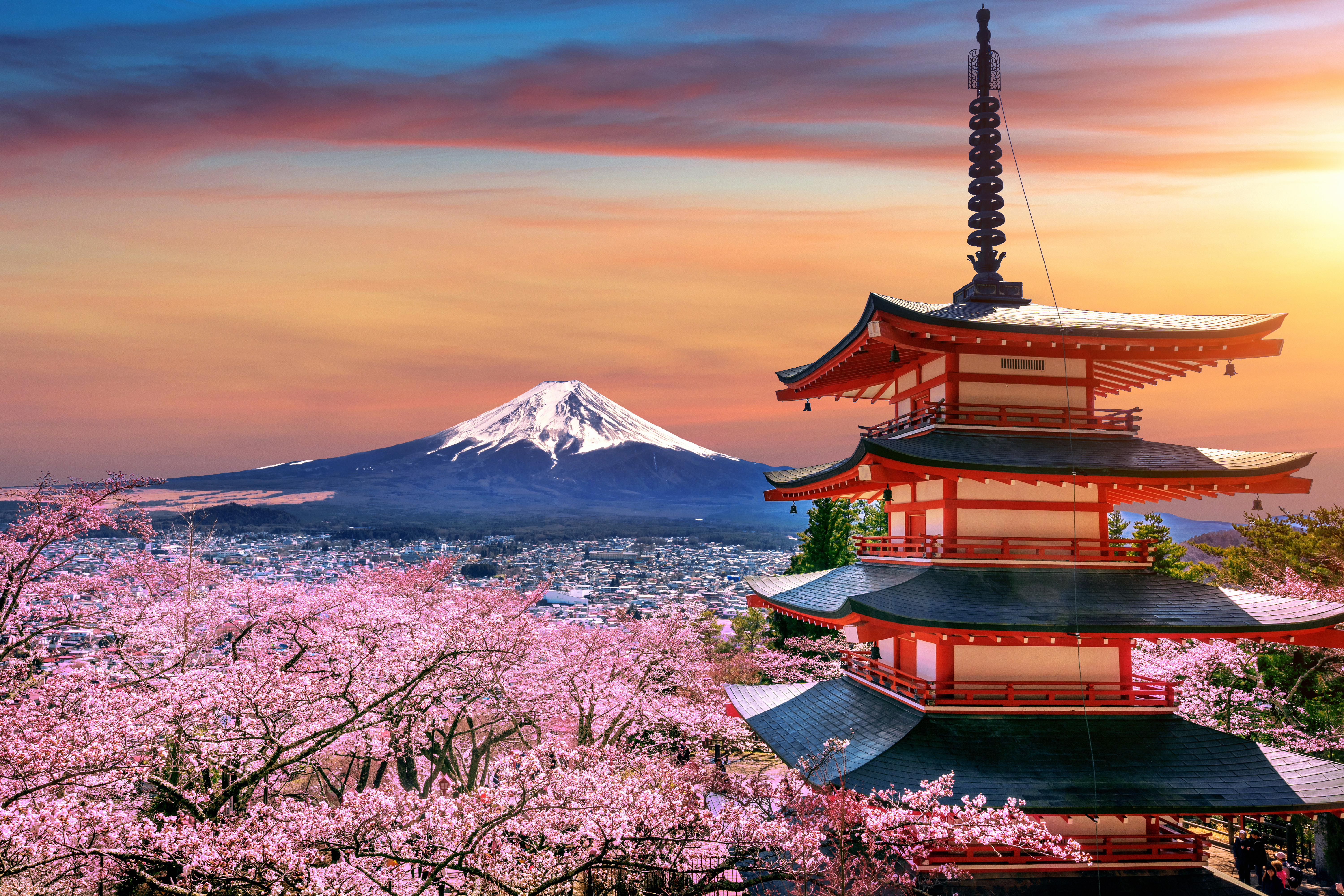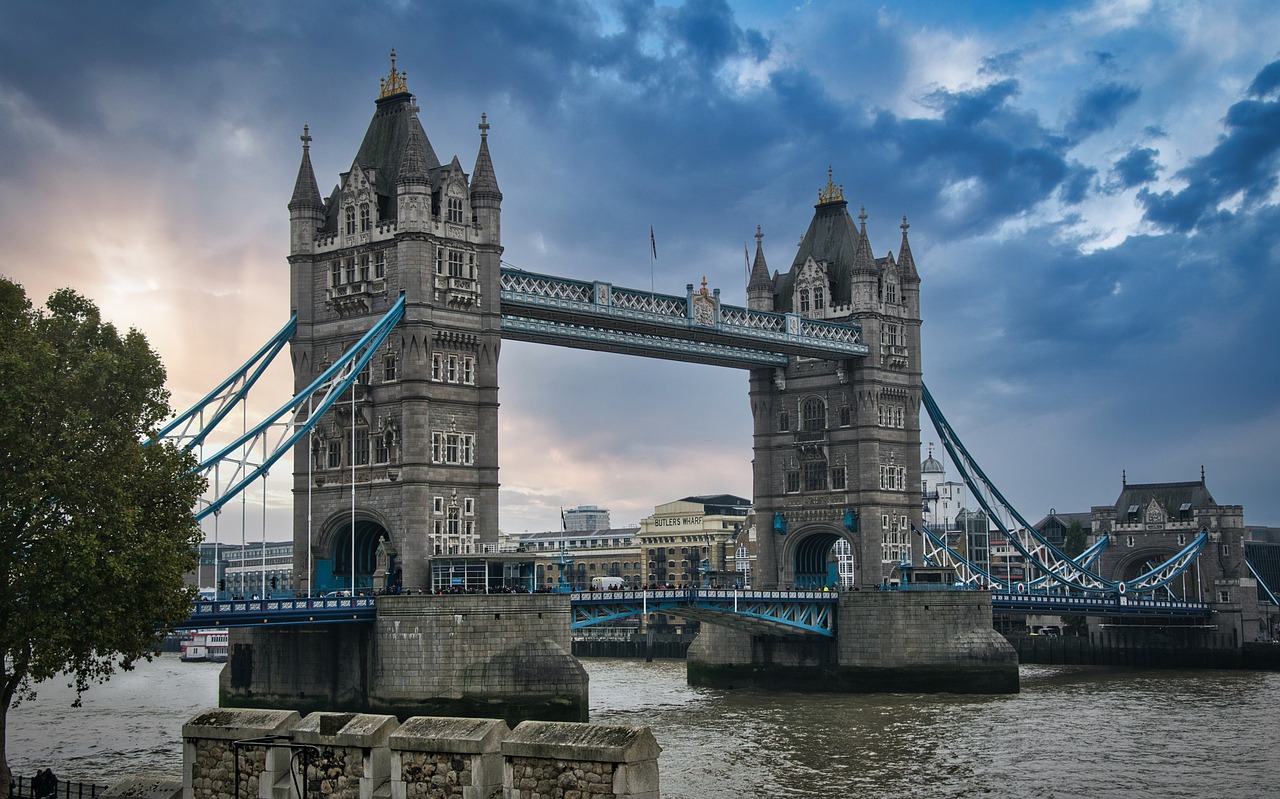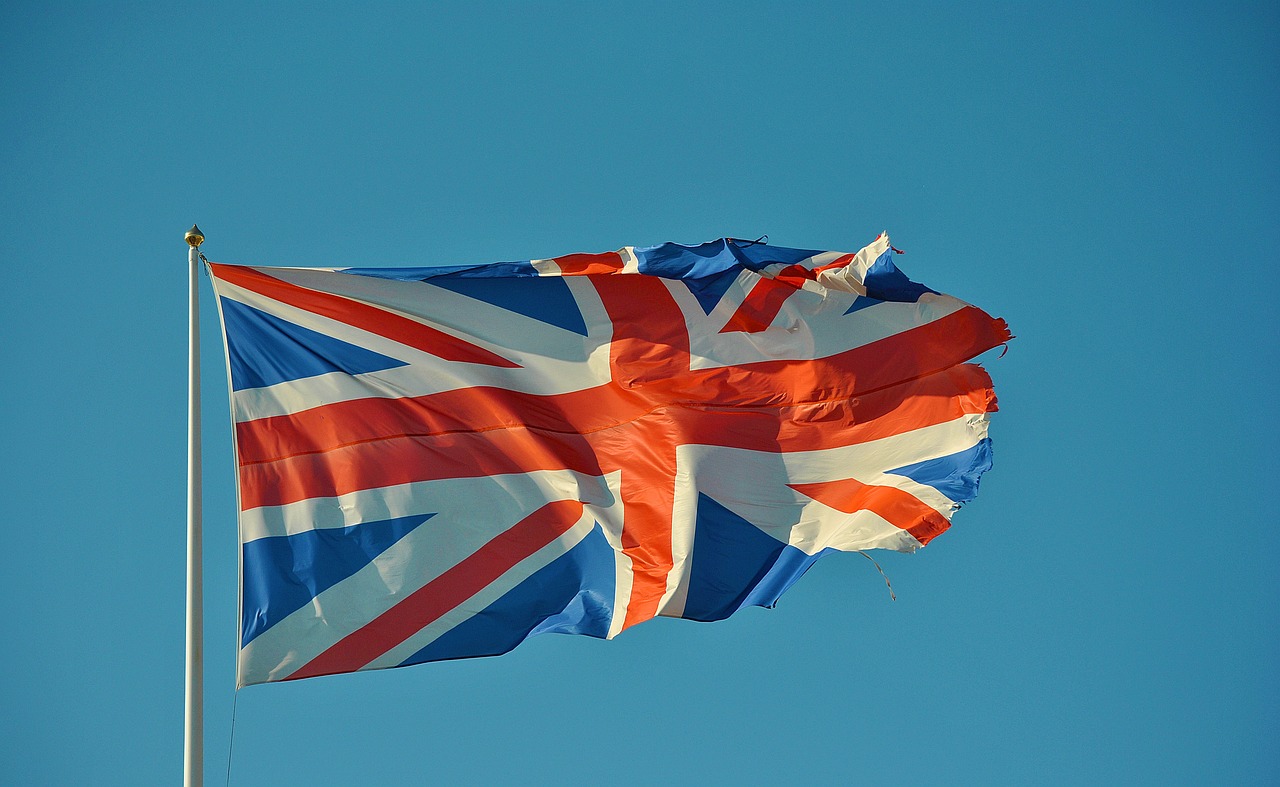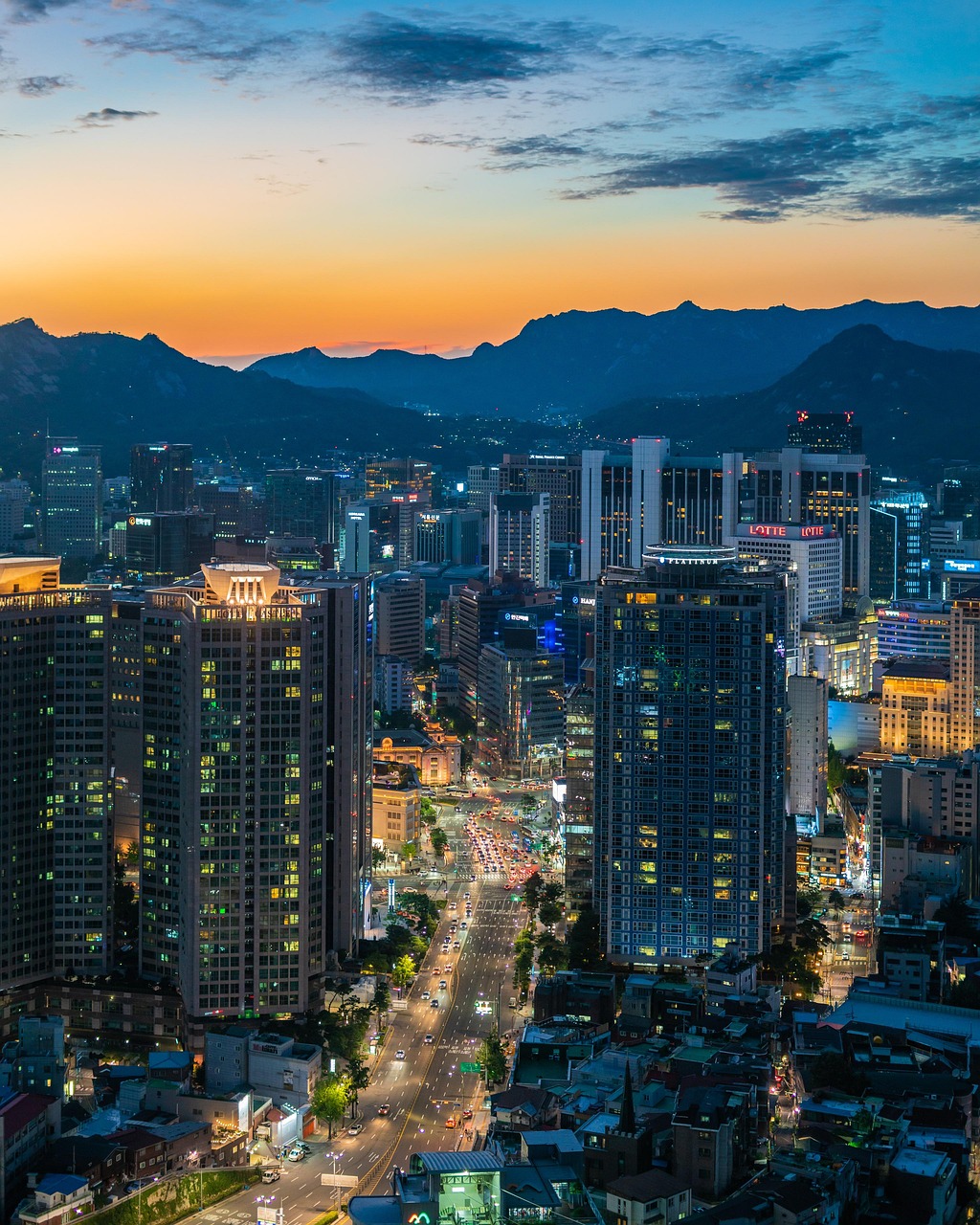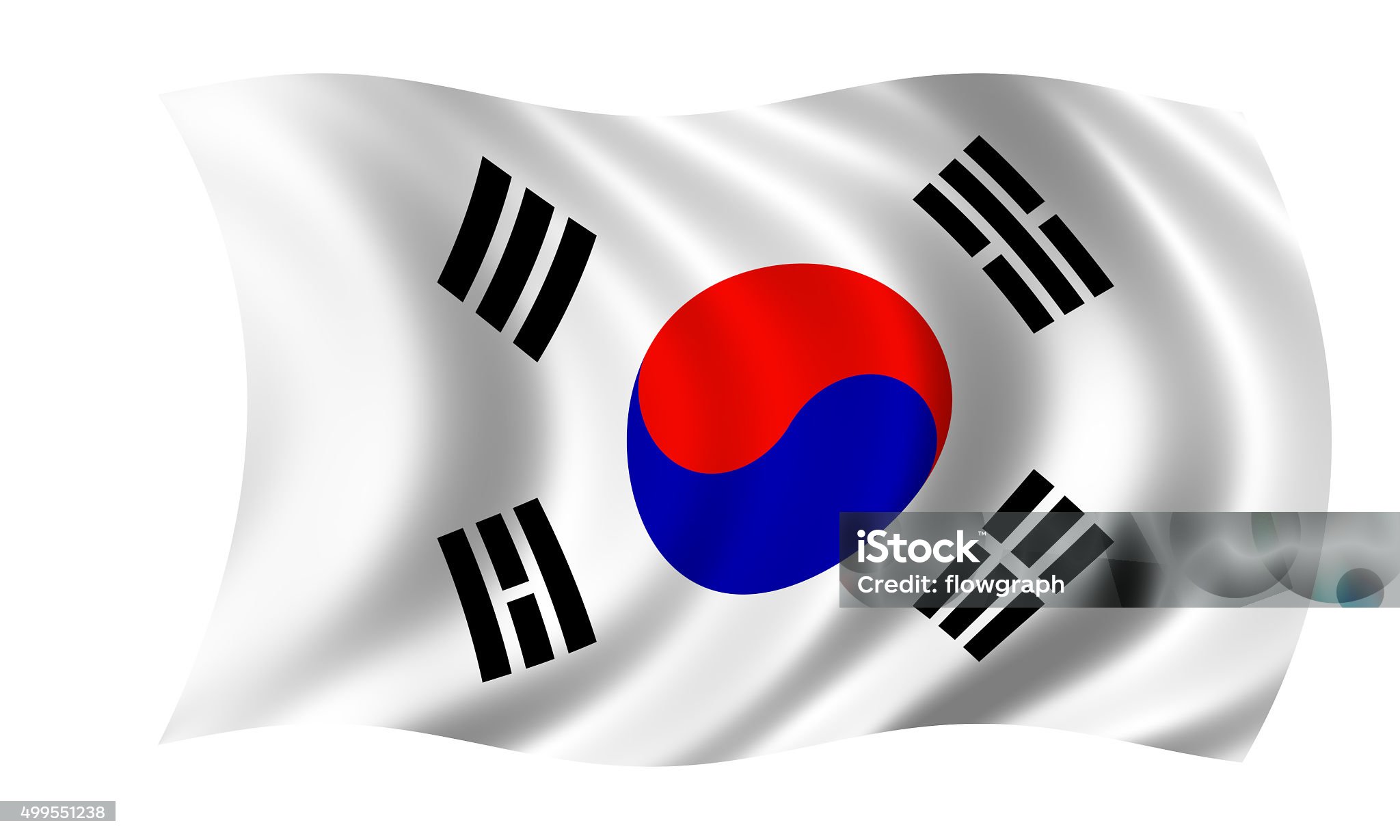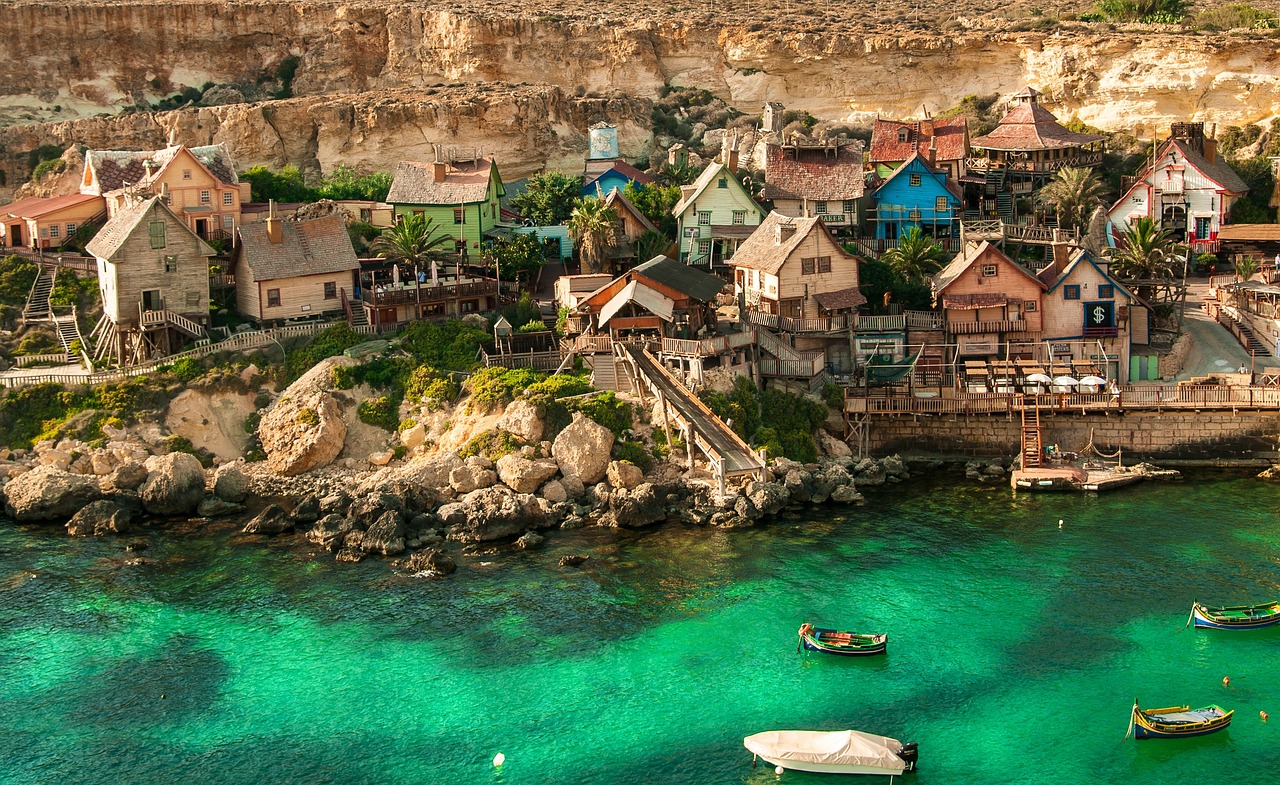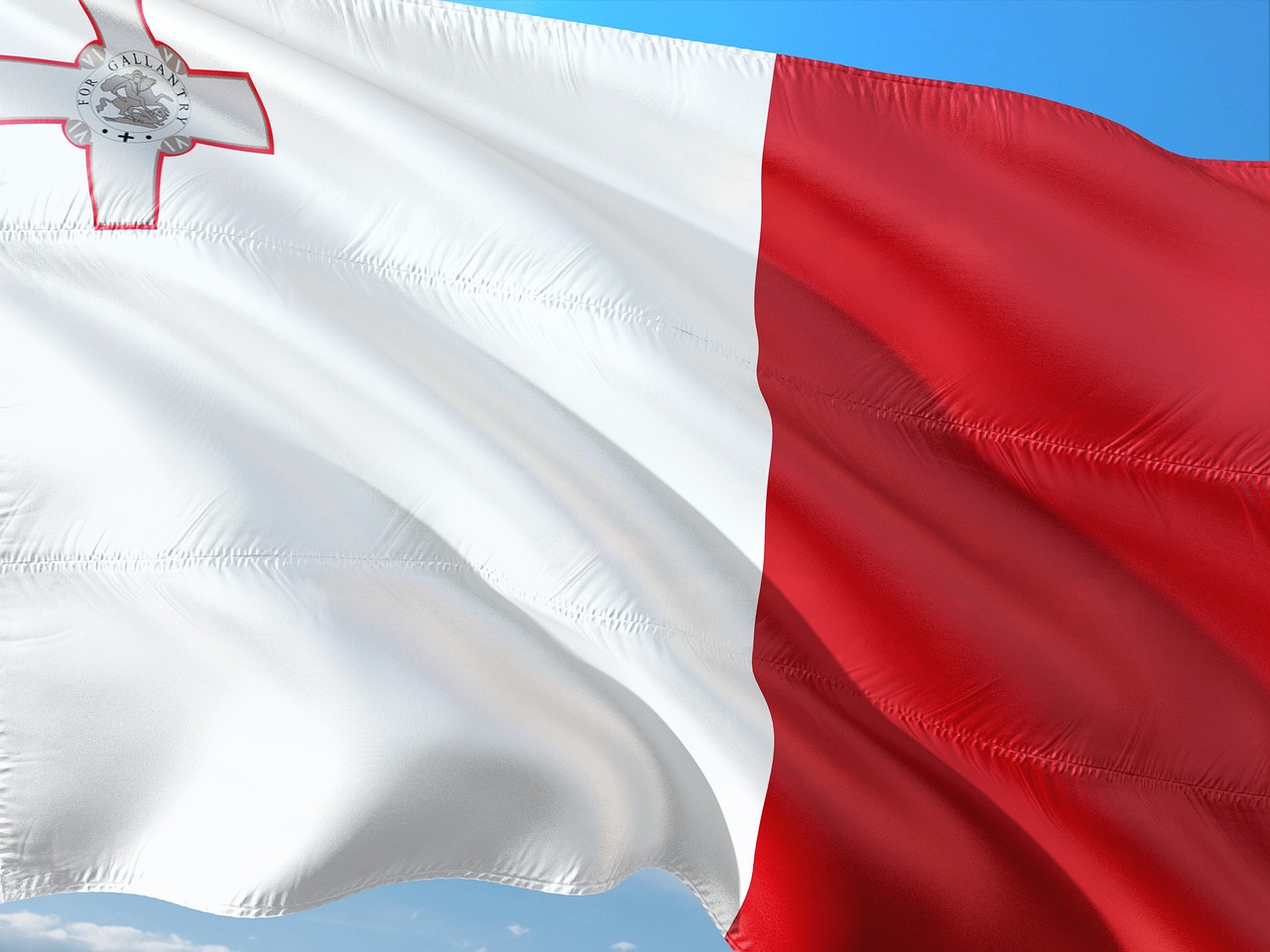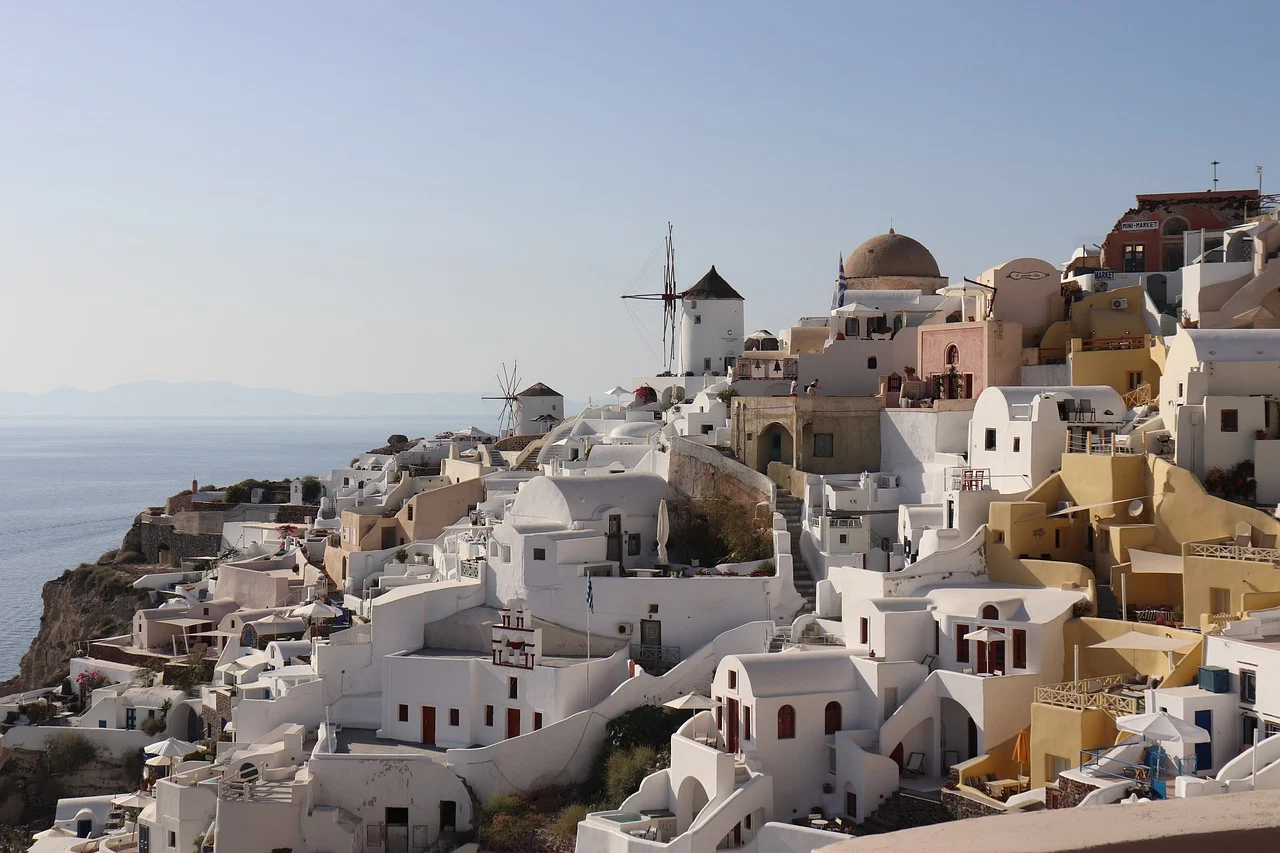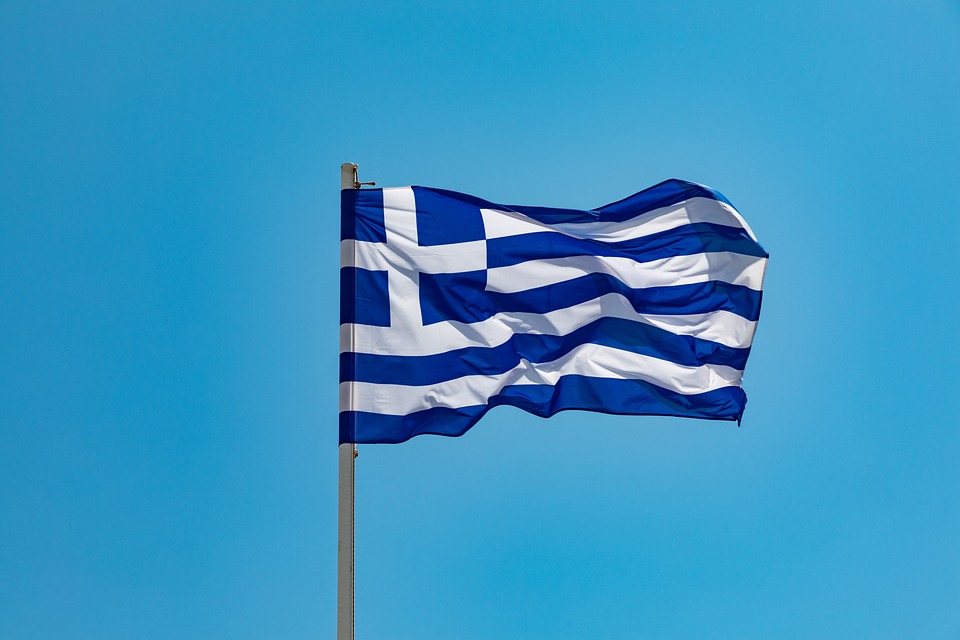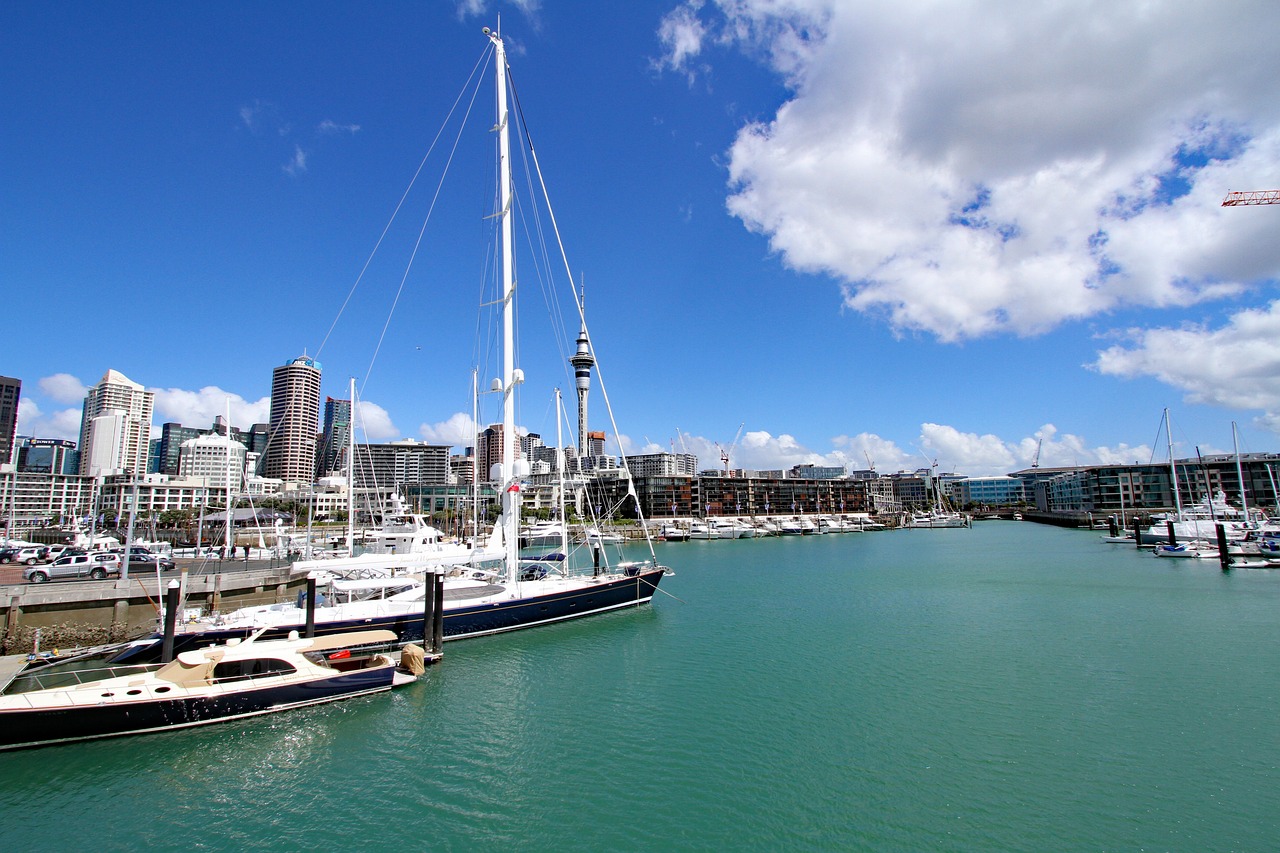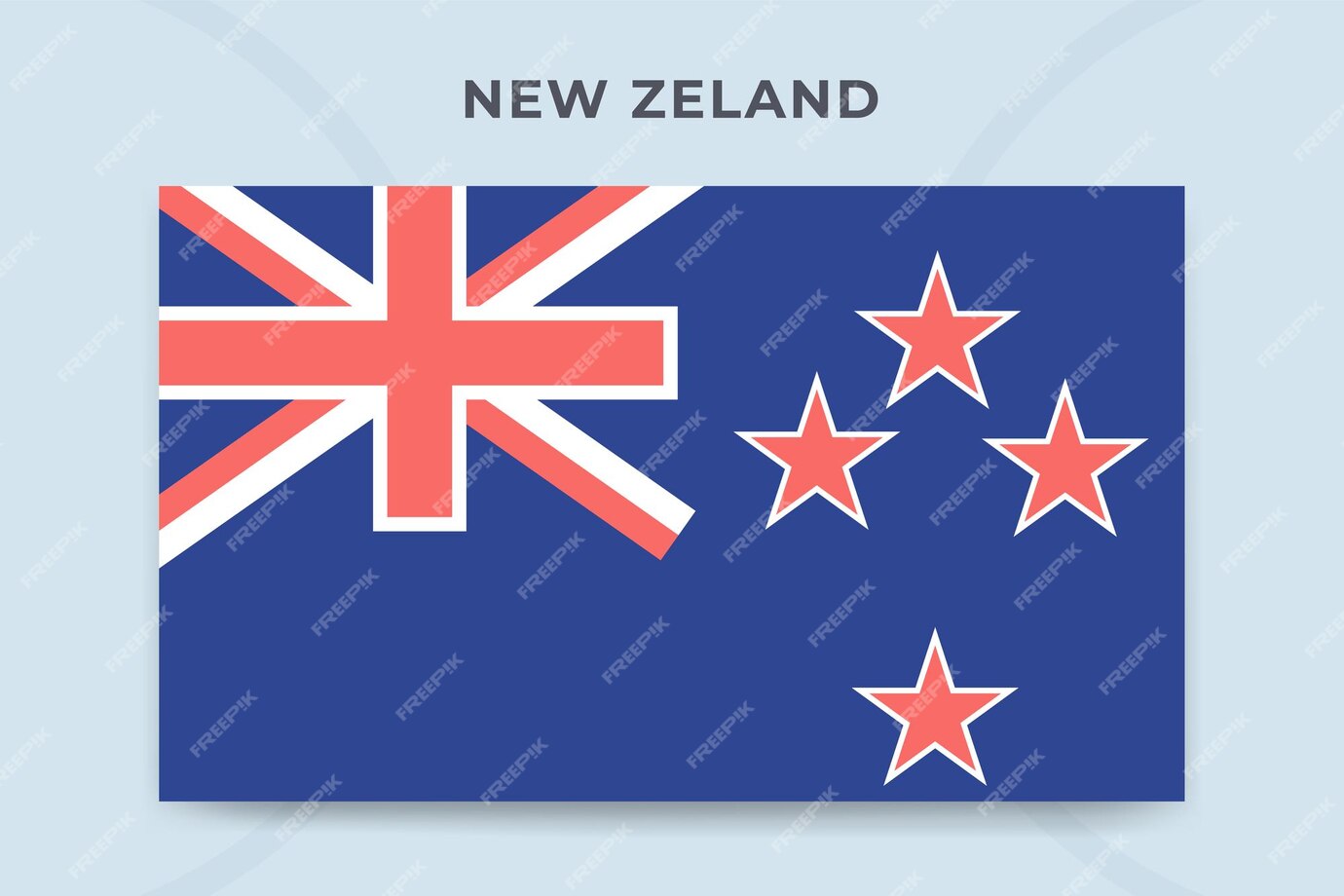Japan
Japan, island country lying off the east coast of Asia. It consists of a great string of islands in a northeast-southwest arc that stretches for approximately 1,500 miles (2,400 km) through the western North Pacific Ocean. Nearly the entire land area is taken up by the country’s four main islands; from north to south these are Hokkaido (Hokkaidō), Honshu (Honshū), Shikoku, and Kyushu (Kyūshū). Honshu is the largest of the four, followed in size by Hokkaido, Kyushu, and Shikoku. In addition, there are numerous smaller islands, the major groups of which are the Ryukyu (Nansei) Islands (including the island of Okinawa) to the south and west of Kyushu and the Izu, Bonin (Ogasawara), and Volcano (Kazan) islands to the south and east of central Honshu. The national capital, Tokyo (Tōkyō), in east-central Honshu, is one of the world’s most populous cities. The Japanese landscape is rugged, with more than four-fifths of the land surface consisting of mountains. There are many active and dormant volcanoes, including Mount Fuji (Fuji-san), which, at an elevation of 12,388 feet (3,776 metres), is Japan’s highest mountain. Abundant precipitation and the generally mild temperatures throughout most of the country have produced a lush vegetation cover and, despite the mountainous terrain and generally poor soils, have made it possible to raise a variety of crops. Japan has a large and, to a great extent, ethnically homogeneous population, which is heavily concentrated in the low-lying areas along the Pacific coast of Honshu.
